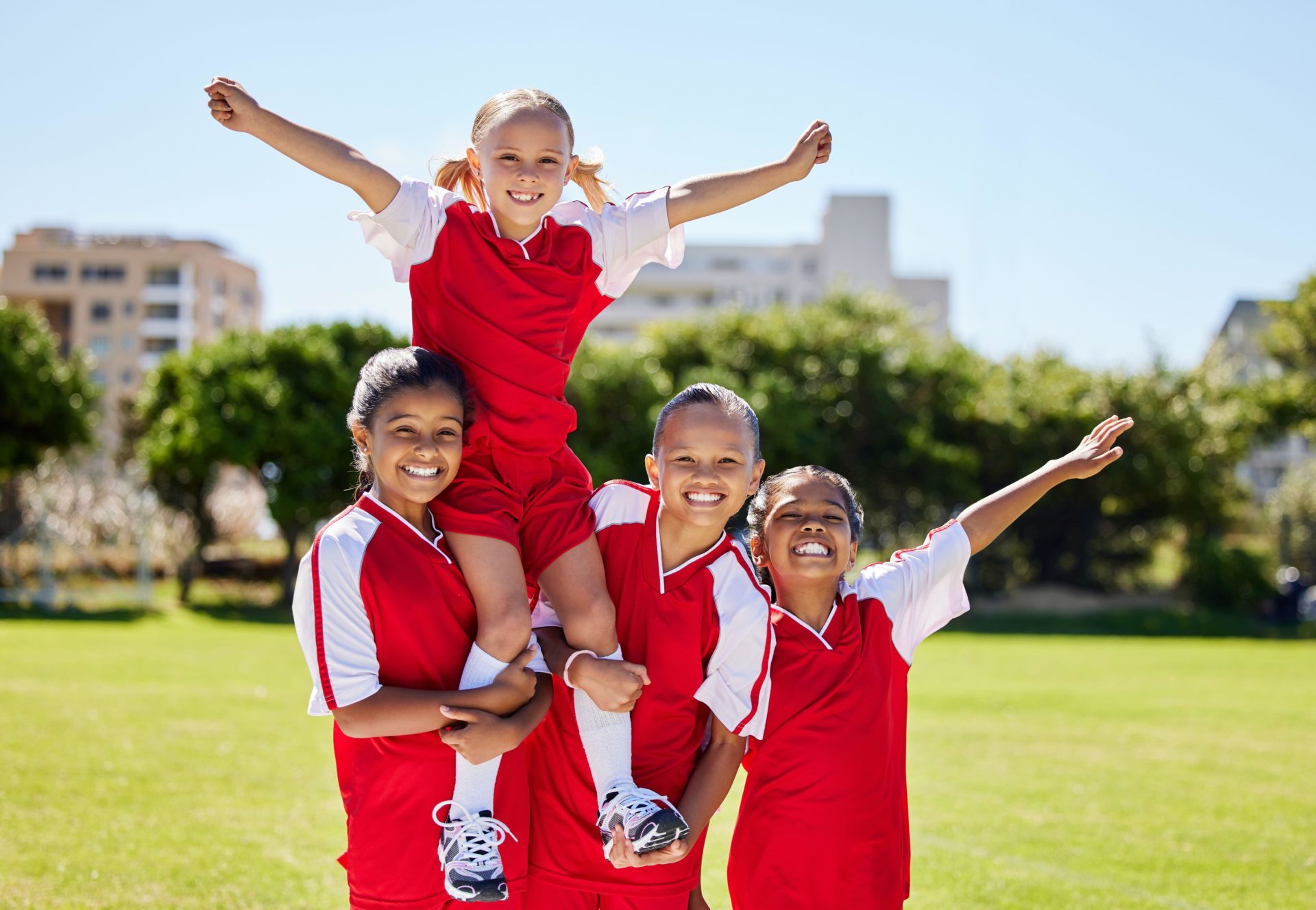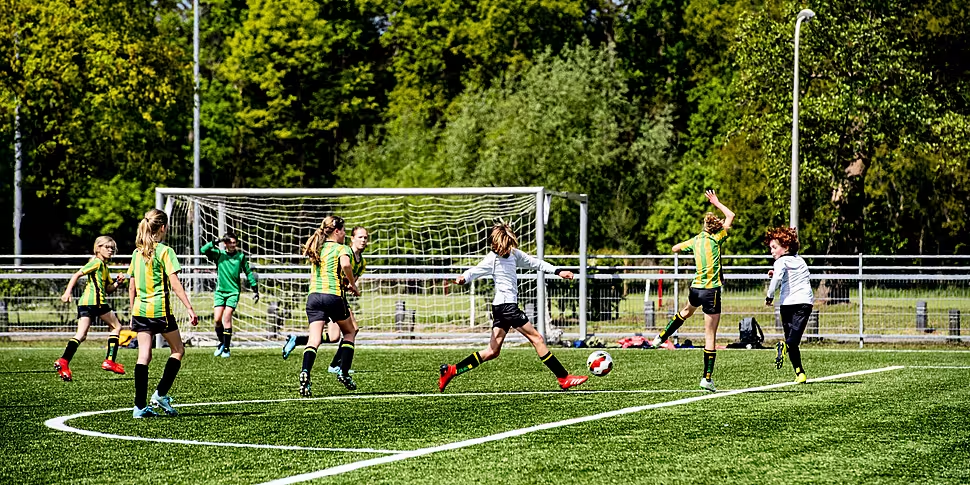High levels of competitiveness in children's sports will not result in “high rates of inclusivity or high participation,” according to a clinical psychologist.
Speaking to The Pat Kenny Show, former president of the Psychological Society of Ireland and chartered clinical psychologist Mark Smyth said it is more important to “keep as many children playing for as long as possible at whatever level is right for them.”
“It’s about focusing on improving skills versus the result,” he said.
“When we have young children that get too focused on the result, they forget about what are the individual skills that they learn.”
Why children play
Dr Smyth said the primary reason children engage in sports is “to hang out with friends, to have fun, and to have enjoyment.”
“If you include too much competitiveness, what happens is they lose the fun,” he said.
“We know that at the age of maybe 12 or 13, particularly for young girls, rates of participation fall off.
“We need to keep that sense of fun for as long as we can and sometimes that's about setting realistic, achievable individual goals for them, rather than the overall result of winning.”
 2K50KEA Children, sport and winner by girl soccer player on field team sports victory with little champion group. Fitness, training and football practice (Photo by Yuri Arcurs / Alamy Stock Photo)
2K50KEA Children, sport and winner by girl soccer player on field team sports victory with little champion group. Fitness, training and football practice (Photo by Yuri Arcurs / Alamy Stock Photo)GAA
Dr Smyth said the model used by the GAA is preferable, where “no scores are kept, there's no knockout and there are no finals” until the children are 12-years-old.
“Some children will still wonder what the score was, but actually we encourage them to [not] worry about the score,” he said.
“We want you to work on what you can do to improve yourself and not worry about the results because that is going to come in time.
“We know that life involves stress, life involves situations where we're going to lose, but we prepare children in a graded way to manage that, rather than set this up for them very young.”
Men vs women
Dr Smyth said the gap in levels of competitiveness between young men and women is “certainly narrowing.”
“We're seeing many more examples of women's sports on TV, and players and women players being role models, he said.
“We're seeing massive increasing numbers of young girls coming in and playing because they're enjoying it because they're with their friends because they want to do it.”
Dr Smyth said it should not automatically be assumed that young boys are always more interested in sports and young women are more interested in socialising.
“I can walk down to my local GAA club, and I'll find six or seven girls kicking about or pucking around with a hurl,” he said.
“We don't want to reinforce that they're different.
“We're encouraging kids to get off their screens, get outside, sit around chatting in the fresh air or whatever they're doing.”









